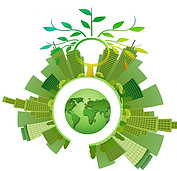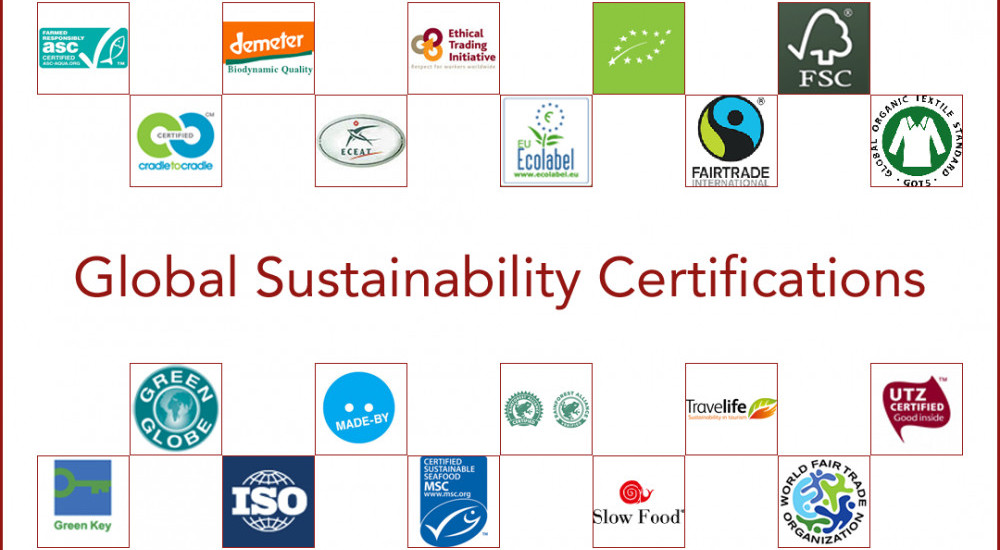Hello my lovelies, and welcome back to your hive. So, you managed to survive my first post! How did you find it? Let me know in the comments box below or give me a buzz at wendy@thesustainablebee.com, I’ll try my very best to get back to you x
So there are three types of sustainability: social, environmental and economical. Today we are going to be talking about economic sustainability and its importance.
The definition of economic sustainability refers to long term practices that support the growth of the economy without negatively impacting cultural aspects of the community, socially and environmentally.
This type of sustainability is quite often the one that causes most debate, let’s see……
Importance for companies.
Having a sustainability strategy/programme in place for companies can help to allow for economic growth, whether that be in investments and/or to promote the company in the future for generations to come.
There are studies to show that there can be substantial economic growth as well as reducing carbon emissions simultaneously. They just need to be put in place and acted on.
More companies, than ever these days, are beginning to realise that they need to reduce their carbon foot print and are putting measures in place to re-cycle/re-use.
However, just over 50% of companies have a sustainable strategy in place and over 80% of executives think that its important to do so.
With the renewable energy market expected to reach just over $2 trillion dollars by 2025, the UK has managed to reduce its emissions by nearly 30% in just over a decade whilst growing its economy by up to 20%. But, there is still a lot to do and not much time left!
Companies should lead by example.
I’m a firm believer that companies should lead by example, especially big brand companies. I mean, let’s face it, they have the money to be able to do so! You can see if a company/brand is sustainable by looking out for a green certificate. This can inform you as to how conscious they are and can include waste management, responsible sourcing, ethical treatment of employees etc.

Companies have the responsibility to make changes, to keep consumer prices as low as they can whilst still making a profit. I would be far more likely to purchase items that are better for the environment all round if its at an affordable price and I would have more respect for them.
We are becoming more aware of the environmental changes that are happening around the world, so why don’t the leaders of countries make it mandatory for companies to change instead of waiting for them to do it?
I guess with money comes power and greed, but there’s no point in being the richest person in the grave. To make money you have to spend/invest in making your business as profitable as possible. But that won’t happen if items are too expensive to buy, and for the younger generation, more economically and environmentally friendly.
Evolving technology, take advantage!

We live in a world where technology is constantly evolving and there are many companies that are taking advantage of this and using it to reach their full potential towards becoming more eco-friendly. From car production to skin care, companies are really taking hold of making a difference.
The motor company Ford is a prime example of being sustainable. It uses 80% of recyclable material in 2 of its car productions, focus on cleaner diesel, fuel transmissions and efficiency. In one of their plants, in the USA, they even recycle their paint fumes. No wonder they’ve won EPA Energy Star Award twice in a row, and the only company to have done so!

Who loves a bit of Disney?! Disney doesn’t’t just make your dreams come true but they are also helping the environment too. With a zero waste policy, water saving technology and reducing its footprint in manufacturing and distributing products. It’s also working at reducing indirect greenhouse gases by reducing its consumption in electricity to have a more positive impact on the environment.

Owning a large fleet of hybrid vehicles Johnson & Johnson are not only trying to cut fuel emissions but are also reducing packaging, environmentally reducing waste and using more sustainable ingredients in their products. They have also committed $8oo million to making its products healthier for the planet and more sustainable by using 100% recyclable, compostable or reusable plastic packaging and also using post consumer pulp and paper by 2025, aiming that several names will have plastic bottles that are 100% recyclable by 2030.
Fashion victim.
The Planet is a fashion victim! Compared to 2 decades ago there are around 80 billion new pieces of clothing consumed every year. 3 out of 5 fast fashion items ending up in landfill resulting in water and land pollution. This is mainly due to the lack of recycling clothes, and can be just over 80lbs of textile waste each year by each person!
One of the biggest over-consumption contributors to waste is the big brand SHEIN, due to their duplication of fashion brands.
Considered being one of fashions biggest polluters is H&M. With vague claims to their sustainability and also under paying their staff.
Mango’s ethical rating has something to be desired for as ” Good For You ” want to see more information about their labor and animal welfare practices.
These brands, along with Tiffany and co, Amazon, Walmart, Lacoste, Quicksilver and Victoria’s Secret ( to name a few ) are aware of their environmental impact/welfare policy performances but have yet to implement anything.

Seasonal changes
As the seasons come and go so do our needs to look and/or feel our best as there is yet another celebration of some kind lurking round the corner! With Christmas not too far away now, the wanting of gifts and food will increase tenfold. Paper stuck with ribbons, bows and loads of sellotape cannot be recycled. There will be an increase of waste in landfills. Food waste will definitely increase over that time of year, because let’s face it……. We all buy too much just in case there’s not enough!
So with these seasonal changes we must change our habits to go with it. Instead of wrapping paper and tape use brown paper and string so it can be recycled, only get what you need to eat – the shops are not going to disappear!! Most importantly…. only get things IF you need them, can afford them and not just want them.
Either way, everything comes with a price and we will pay for it one way or another.
Like the bread, 50/50
Whilst researching for this topic I did find there was a lot of confliction. One site would say Nike is really good for sustainability and another would disagree and say they’re not. It gets’s very confusing as to what brand is having a positive/negative effect all round. Nothing will ever be 100% perfect, there are going to be some discrepancies. Some companies will be exceptional at using organically sourced materials but the way they treat their employees is horrendous.
Amazon is great for delivering loads of packages, mostly next day, but can all be individually packaged. What’s that all about? Primark is another example… Fantastic for if you’re on a budget because its cheap, but its cheap for a reason.
I recently purchased a pair of Salomon speedcross shoes for work, I’m a carer and walk on average 7-10 miles a day, so I needed something sturdy on the sole. When I typed the name into Google it gave me loads of conflicting information, both positive and negative whether they’re an ethical brand or not.

Been confused?????
Well my little bees, it doesn’t take much for me to get confused! with all the conflicting information out there I will just keep doing what I’m doing. And that’s just get what I need, when I need it and if its in my budget. I must admit though I do try to buy more responsibly towards not only my budget but for the Planet.
What do you think my little bees? Are you more likely to purchase a brand or use a company that has a higher sustainability rate? Do you think companies/brands are doing enough or too little to change?
Thank you all so much my little bees. Stay well and most importantly be happy to bee yourself.
All my love,
Your Queen Bee, Wendy x
